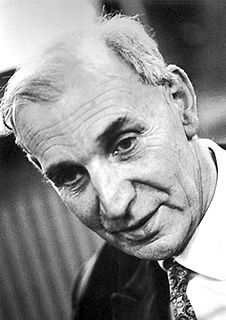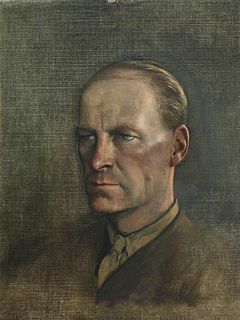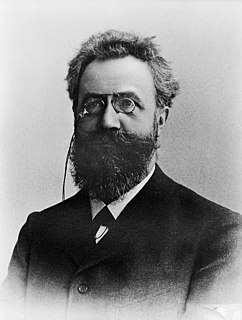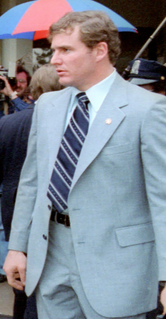A Quote by James Thurber
Comedy has ceased to be a challenge to the mental processes. It has become a therapy of relaxation, a kind of tranquilizing drug.
Related Quotes
Advocates of psychiatric drugs often claim that the medications improve learning and the ability to benefit from psychotherapy, but the contrary is true. There are no drugs that improve mental function, self-understanding, or human relations. Any drug that affects mental processes does so by impairing them.
It must be pointed out, however, that strictly speaking it is incorrect to talk of the dominance of the pleasure principle over the course of mental processes. If such a dominance existed, the immense majority of our mental processes would have to be accompanied by pleasure or to lead to pleasure, whereas universal experience completely contradicts any such conclusion.



































